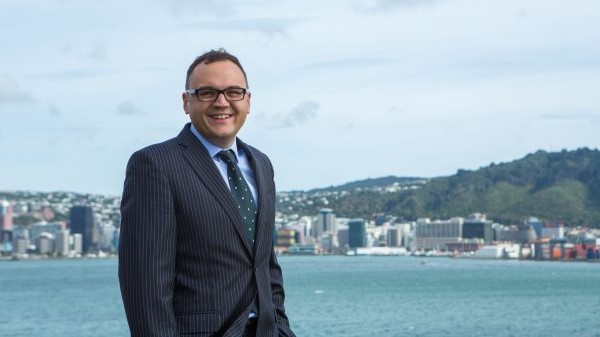
Safer roads are a top priority for Transporting New Zealand because we know the road is the workplace for our truck drivers. They spend way more time on the road than those for whom driving is not an occupation.
Truck drivers’ time on the road is spent delivering for New Zealanders and the economy – all the goods you need every day. In fact, 93 percent of all freight in New Zealand is moved over our roads.
So we welcome any work by the Government and its agencies that has a genuine impact on road safety. The road toll for 2021 was 320 and for 2020 was 318 (Ministry of Transport data) – that’s way more people than died from Covid-19 over the past two years (53) but look at the resources that have gone into the virus.
Last week the Ministry of Transport (MoT) released a report it commissioned on Road safety investment and delivery as well as the response from the agencies reviewed – Waka Kotahi NZ Transport Agency and New Zealand Police.
Not surprisingly, the review found there were a number of areas for improvement, including better road policing and in Waka Kotahi, better consistency in decision-making and approaches across regions to hitting road safety goals.
It found Waka Kotahi wasn’t prepared for the shift in focus of the Government’s Road to Zero strategy, for instance, upgrading safety on existing roads. But noted that retrofitting safety interventions onto existing roads wasn’t always easy given the existing infrastructure.
The Road to Zero strategy seeks to reduce road deaths and serious injuries by 40 percent by 2030, and has a long term goal of no deaths on New Zealand roads.
The review noted Police did not meet road safety targets because they were diverted to crime over road policing. While we can understand a serious crime in play will divert resources, it also becomes a crime scene when someone is killed on the road. Surely, prevention would be best in this scenario.
We want to be sure Police have the numbers to patrol the roads, and seek out drunk and drugged drivers.
Driver behaviour is the big contributor to road crashes and deaths and impairment is a significant factor.
A visible Police presence on the roads makes a difference and moderates driver behaviour, which improves safety.
As user-pays road users, with $400 million a year being used to fund road policing, largely from fuel tax and road user charges (RUC), we want to be sure that money is being used as it should.
Waka Kotahi seems to be fixated on speed as the only contributor to road deaths, but we would like to see them focus on other contributing factors, such as the condition of the road.
Just yesterday, Waka Kotahi director of regional relationships Linda Stewart spoke to a meeting of community leaders from a train, criticising the Hawkes’ Bay regional transport committee for demanding answers of her agency as to why State Highway 5 from Napier to Taupō was having its speed reduced from 100km to 80km.
Additional investment in better road maintenance and more road policing has shown significant results in reducing accidents, serious injuries and deaths on this road – without reducing speed.
Transporting New Zealand has been involved in fighting this decision for more than 18 months. We back local leaders asking Waka Kotahi for evidence of their plans. We don’t expect public servants to mount political attacks on those who dare to question. Their job is to implement Government decisions, but let politicians defend policy and direction.
I have heard of truck drivers quitting their jobs because they have felt the road surfaces they were travelling over every day were unsafe. This is at a time when we need truck drivers the most and have a shortage in the ranks.
We maintain that addressing both driver behaviour and road surface conditions as key contributors to road safety would better serve meeting road safety targets than just wholesale speed reductions. State Highway 5 is a case study that proves the maintenance and policing approach can work.
The Government’s risk radar seems to be out of kilter across a number of areas with a fixation on one area over others that all contribute to managing a risk.
We welcome this review and hope that changes will come from it. As always, we will be part of the conversations to improve road safety for our truck drivers.
Nick Leggett, CEO, Ia Ara Aotearoa Transporting New Zealand





